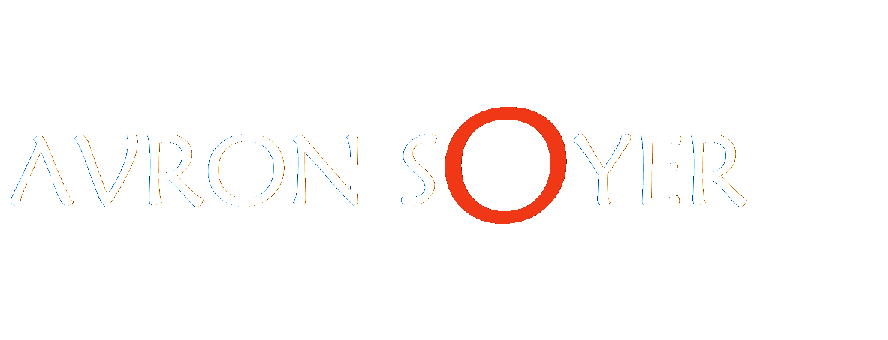A Room of our Own (1984)
1
The explicitly dialogical orientation opens when sociology-psychology breaks subordination to science, seeks self-knowledge and recognizes itself as an autonomous discipline and as a distinct modality of theoretical reason (open to learn from art, history, science, etc., yet belonging to itself).
The generative project of dialogical sociology-psychology is the struggle of our life together and apart to comprehend itself for its own sake and in its own terms through the mediation of theoretical reason.
Sociology-psychology engages the passion of human existence for reasonable theoretical self-knowledge (a dream increasingly desperate and haunted within the breakdown of this order of life).
2
Why specify “for its own sake” and “in its own terms”?
Reality-in-itself is not directly accessible. All disciplines engage human experience.
Human experience is always, whatever else it also is, unique. It is always someone’s, always personal. Yet it is not generated anew from nothing by each person. It is a shared creation.
To engage human experience is to engage our life together and apart. All disciplines engage our life together and apart.
In natural science our life together and apart is engaged as “a way into” an autonomous order that would proceed without it …. Sociology-psychology not only addresses our life together and apart (as all disciplines necessarily must), it engages our life together and apart “for its own sake” and “in its own terms,” not as a sign of something else.
From this point the phrase “our life together and apart” unless otherwise specified stands for “our life together and apart considered for its own sake and in its own terms.”
3
Dialogical sociology-psychology is explicitly humanistic, yet does not support the deification of the human species and/or society and/or reason.
Dialogical sociology-psychology is committed to the struggle for disciplinary self-knowledge.
Dialogical sociology- psychology is open to all problems through which humanity desires and pursues self-knowledge. It is open to the search for general explanations and methodological principles. It is open to the explanatory/ interpretative relevance of unique existence. It is open to the full resources of “common language” and to personal voice and style. It is open to exploration of generic human dynamics and to comparison of existential constellations…. It is open to the richness, ambiguity and complexity of our life together and apart.
We commit dialogical sociology- psychology in the name of reason to the struggle for a creative, just, vital, compassionate human existence[1]
Exert from A Dream of Reason by Avron Soyer, Continue Reading A Dream of Reason V. Wild Flowers Again A Dialogue of Complementary Discontinuity
Footnotes
[1] Anthropology is an alternative name for the discipline we designate “sociology-psychology.” Why didn’t we choose it? First and foremost:
A. As anthropology includes physical anthropology it carries fragments of various natural sciences. Thus, its disciplinary domain of inquiry is not unambiguously “our life together and apart for its own sake and in its own terms.”
Moreover,
B. My background is more in sociology and psychology than in anthropology. In early discipline reconstruction it is helpful to preserve distinct starting points.
and
C. “Sociology-psychology,” though clumsy, suggests the range of disciplinary concerns.
Perhaps anthropology will divest itself of its holdings in physical inquiry. Perhaps history will balance its traditional focus on the particular events with exploration of domain universal patterns.
Perhaps anthropology, theoretical history, psychology‑sociology, or some new term, will be adapted.
